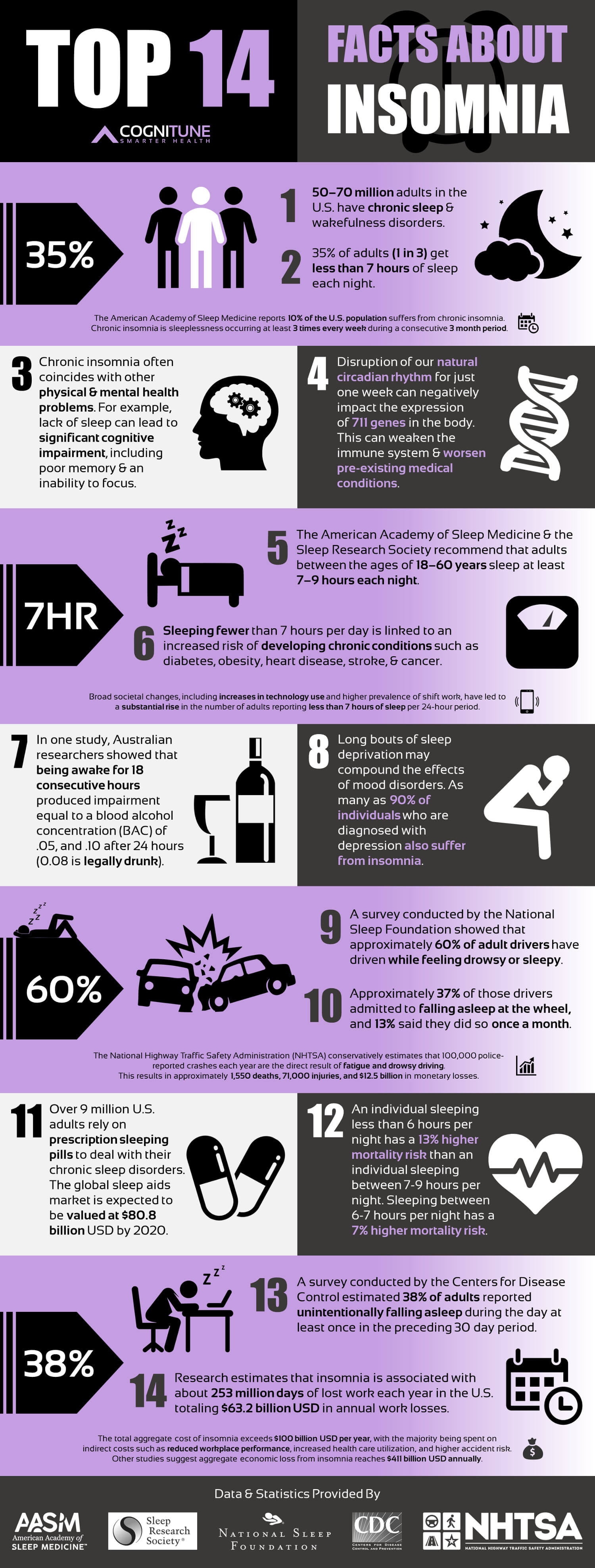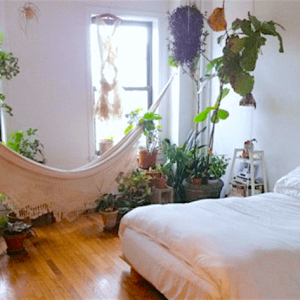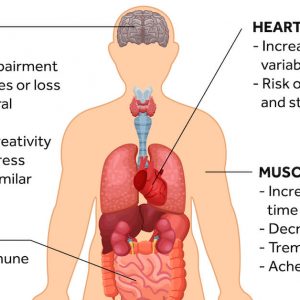It may seem impossible to sleep when you’re awake at 3 a.m., but with these simple steps, you will help improve sleep and get rid of insomnia (if that’s something you suffer from).
Following healthy sleep habits will not only reduce restlessness, but it will result in restful slumber. These different practices and habits have been referred to by researchers as “sleep hygiene” and they can help anyone maximize the hours they spend sleeping – even those affected by jet lag, shift work or insomnia.
Help Improve Sleep with These 10 Fundamental Steps
Here are 10 fundamental steps for making your sleep dreams a reality:
1. Turn Off The Lights
Turn off the lights at least 1-2 hours before going to bed. Why? Light before bed promotes wakefulness and can make falling asleep incredibly difficult. Photoreceptors in the retina sense light and dark, signalling our brain about the status of the outside world and aligning our circadian rhythms. Even small electronic devices emit sufficient light to miscue the brain and promote wakefulness.
2. Reduce Caffeine Intake
There is a huge association with sleeping problems and caffeine intake. Caffeine consumed up to six hours before sleep can disrupt our sleeping patterns and throw us off. If you do decide to drink coffee, drink one cup in the morning, and don’t drink past 12 p.m.
3. Don’t Eat At Least 2-3 Hours Before Bed
Eating before bed isn’t suggested, especially if you have a hard time falling asleep. If you’re eating a pizza at 10 at night, you can be guaranteed your sleep will be off that night. Finish dinner at least 3-4 hours before sleep, and if you get hungry at night, eat a ripe banana – they have tryptophan and release serotonin in the brain which encourages melatonin production (the sleep chemical).
4. Turn Off All Electronics
Electronics are a big reason we can’t fall asleep at night. In this day in age, electronics are abundant, and it also means that we are on them even in the wee hours of the night. Light promotes wakefulness, however, and when our retina senses light, our brain is signalled about the outside world and affects our circadian rhythms. The light signal from electronics used at night miscues the brain and makes it more difficult to fall asleep. Try to stop using your electronics at least 1-2 hours before bed. Read a paper book or do some yin yoga. It’ll help tremendously!
5. Engage in Regular Exercise
Getting regular exercise can help you fall asleep faster, and ensure your sleep is deep. Make sure it is done several hours before you go to bed though (the best time is in the morning). Exercise stimulates the body, and prompts release of the stress hormone cortisol, which makes your brain alert. You don’t want to be alert right before you go to sleep, so making sure you exercise at the right time of day is crucial. Finish exercise at least three hours before bed.
6. Limit Beverage Consumption Before Bed
If you’re drinking a considerable amount before bed, you may get up multiple times during the night to go pee. Getting up to go pee once a night is normal, but any more and you might be disrupting your sleep. Try to stop drinking an hour or two before bed.
7. Use Your Internal Alarm Clock
Waking up naturally is one of the best things you could do for your body. Waking up to an alarm is un-natural and can often leave you feeling tired and groggy in the morning. Going to bed when the sun goes down and waking up when the sun comes back up is one of the best ways to regulate your sleep-wake cycle. Try and stick to your sleep routine during the week and weekends – it is the best way to set your internal clock.
8. Use Weighted Blankets
Sleeping with weighted blankets is a good way to help you relax and become calm. The weight of blankets provides proprioceptive input to the brain, which results in a calming and organizing effect on the central nervous system. This causes the brain to release serotonin, which then converts into melatonin in the brain and helps you sleep!
9. Get A Better Bed
The type of bed we sleep on can be a matter of an awesome sleep or a not-so-awesome sleep. Mattresses that have been used for years on end have poor support, which can make it difficult to totally relax the body. One of the best beds on the market right now are those constructed by intelliBed – I use one of their beds and it made a world of difference in my sleeping habits. Plus, their beds are constructed with a patented gel that ensures equal weight distribution of the body, and ensures no sore muscles in the morning.
10. Nap Early Or Not At All
Napping can also off-set your sleeping rhythms. If you’re having issues falling asleep or staying asleep through the night, you are probably getting too much sleep in your naps during the day. Late-day naps decrease our drive for sleep, so keeping them under 20 minutes and before 5 p.m. is crucial if you want to get a good nights sleep.
Here is a great infographic from CogniTune, which describes fourteen facts about insomnia:










We are going to redo landscaping and use your suggestions outdoors and inside! Thank you!Wishing